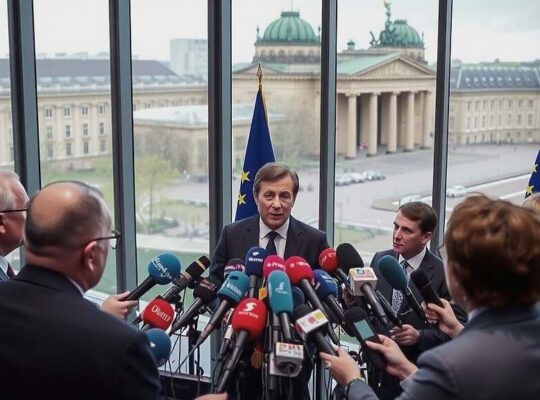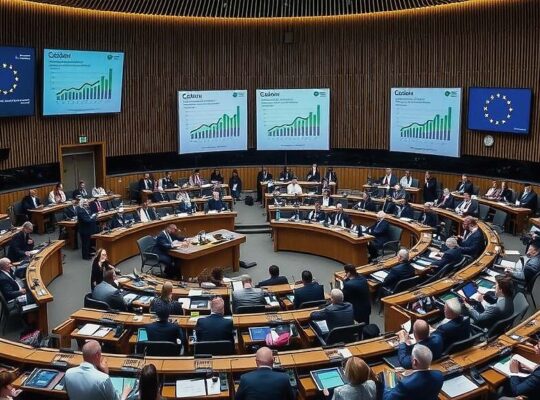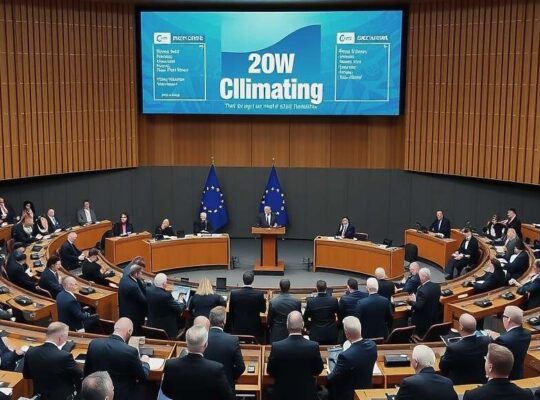A significant disconnect is emerging between German political ambitions on climate action and the sentiments of the German public, according to a new YouGov survey released just days before the 30th UN Climate Conference commences in Belém, Brazil. The poll, conducted across six European nations, reveals widespread resistance to key government proposals aimed at accelerating the transition to a greener economy.
The findings suggest a potential political minefield for Chancellor Scholz’s administration, already facing scrutiny over its stance on phasing out internal combustion engines and maintaining gas-fired power plants. A resounding 69% of Germans oppose a complete ban on the production and sale of diesel and gasoline vehicles, while 68% express resistance to limitations on the purchase of milk and meat products. The prospect of a 50% price increase on airline tickets also finds limited support, with 56% voicing their disapproval.
The data highlights a prevalent conditionality surrounding public support for climate protection measures. Germans are more inclined to back initiatives that demonstrably benefit them directly or minimize personal cost. Subsidies for energy-efficient home renovations (69% support), investments in domestic industry (71%), a ban on single-use plastics (69%) and increased taxes on high-emission corporations (66%) garner considerably greater approval.
Despite a general perception of climate change as a threat – 63% of respondents express concern regarding global warming – this figure represents a notable decline and mirrors levels seen two years prior. Intriguingly, while a substantial 46% retain a degree of optimism that the worst consequences of climate change can still be averted, this outlook is contingent on drastic changes. A concerning 16% believe the current approach to be adequate, while 15% express pessimism, concluding that the opportunity to mitigate climate damage has been lost.
The survey, conducted between October 2025 and 27th, surveyed 2,405 German citizens and raises critical questions about the feasibility of aggressive climate policies in the absence of broader public buy-in. The figures expose a potential conflict between politically driven agendas and the practical realities of cultivating genuine, sustained public support – a dynamic certain to shape the trajectory of Germany’s commitment to international climate goals. The looming climate conference now casts a spotlight on the need for a recalibration of policy messaging and the pursuit of more inclusive and demonstrably beneficial climate solutions.












